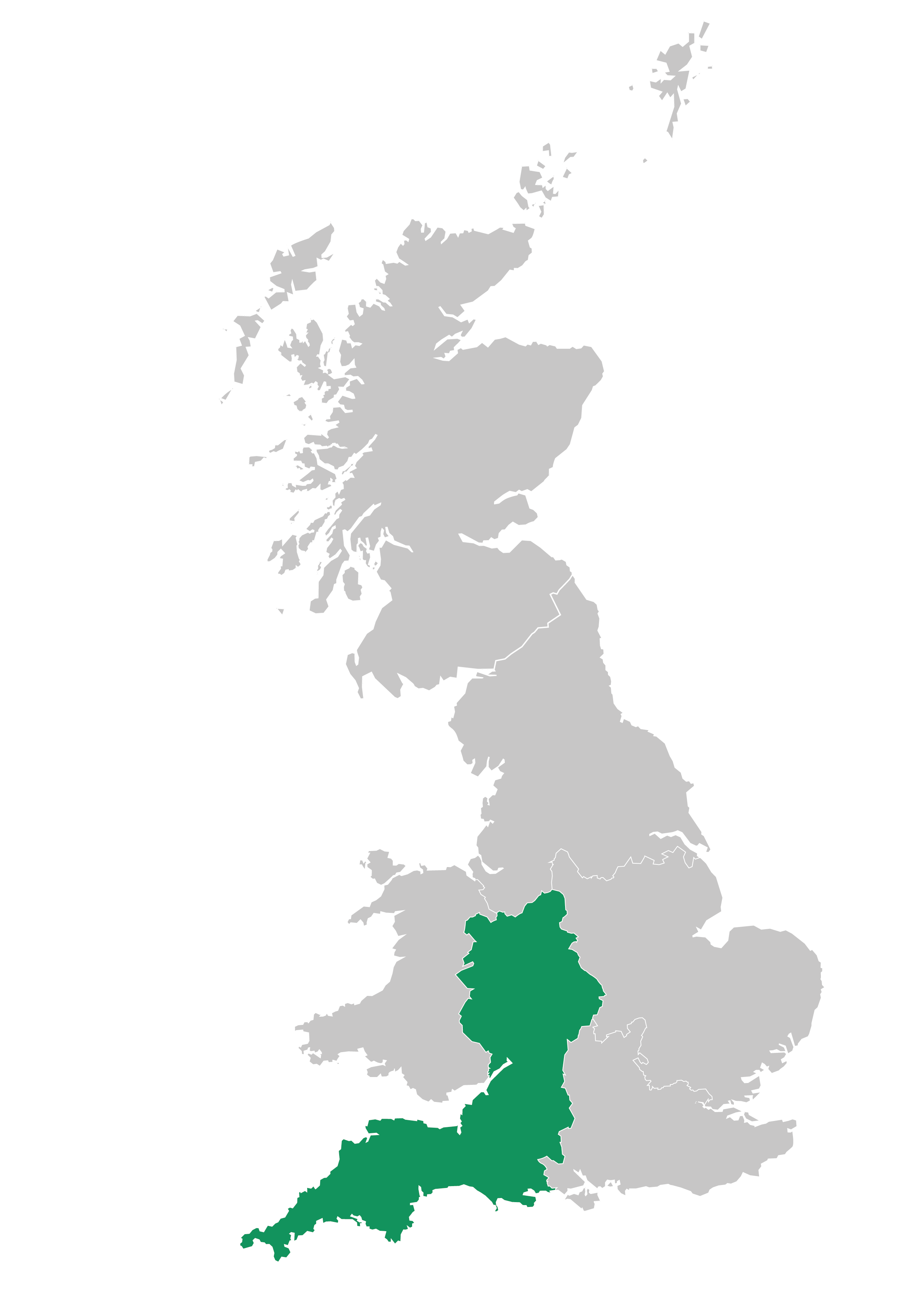
alannahstedman
About alannahstedman
Law courts in England are a foundational part of the United Kingdom’s legal framework.
The history of legal aid in the UK dates back to 1949, when the Legal Aid and Advice Act was passed. This landmark piece of legislation aimed to ensure that legal representation was available to individuals regardless of their ability to pay. The Act was a response to the recognition that a fair legal system required everyone, not just the wealthy, to have access to justice. Since then, legal aid has evolved, with various reforms and adjustments in response to changing government priorities and budgetary constraints.
 In addition to mainstream courts, England also has a network of tribunals that handle specific types of legal disputes, including immigration, employment, tax, and benefits. Tribunals are generally less formal and more accessible than traditional courts, and they provide a vital forum for resolving administrative and regulatory issues.
In addition to mainstream courts, England also has a network of tribunals that handle specific types of legal disputes, including immigration, employment, tax, and benefits. Tribunals are generally less formal and more accessible than traditional courts, and they provide a vital forum for resolving administrative and regulatory issues.
Amidst these financial constraints, the Ministry of Justice continues to explore alternative funding models for the UK’s court system. One option being considered is the introduction of privately funded courts. Some have suggested that introducing new fees or seeking private investment in the judicial system could help alleviate the strain on public finances.
Errors in judgment can also result from procedural issues. For example, if a judge misdirects a jury or fails to properly explain the law, it can lead to an unfair verdict. In such situations, appeals courts may overturn a decision, but the damage to the accused’s life, career, and reputation may already be done.
If you loved this article and you also would like to obtain more info concerning English solicitor directory i implore you to visit our web site. At the highest level of the judicial system is the High Courts, which handles the most significant civil cases, appeals, and judicial reviews. The funding of the High Court is particularly important, as it deals with high-profile cases that often set legal precedents. Additionally, the court requires expert witnesses to manage complex and time-consuming cases. The challenge for the Ministry of Justice is to provide sufficient funding while ensuring that resources are spread across all levels of the judiciary, from the lower courts to the most senior courts.
However, the eligibility criteria for legal aid are not unlimited. Legal aid is primarily available to individuals who meet certain financial thresholds. These thresholds are determined based on income and savings, with more stringent tests applied for those seeking civil legal aid compared to criminal legal aid. Applicants must prove that they have a low income and insufficient assets to cover the cost of legal services. The process can sometimes be lengthy and require extensive documentation.
Apart from pro bono services, some individuals may also receive legal advice through organizations that specialize in particular areas of law. For example, housing organizations, domestic abuse shelters, and consumer advocacy groups often have legal teams that provide free legal advice to their clients. These organizations may also refer clients to solicitors who can represent them in court or assist them in navigating the legal system.
Another important aspect of the legal aid system is that it helps to reduce the risk of wrongful convictions in criminal cases. Legal aid ensures that defendants have proper legal representation to challenge the evidence against them, cross-examine witnesses, and ensure that their rights are protected throughout the trial. Without legal aid, many individuals might not have the means to defend themselves, leading to miscarriages of justice.
To summarise, the issue of court funding remains a key concern for the UK legal system. While the government faces financial constraints, it is essential that funding for the courts is sufficient to ensure that justice remains accessible to all. Whether through innovative funding models, the UK must find a lawyer in the UK ways to maintain a strong and efficient judiciary that is able to meet the needs of its citizens and uphold the principles of justice.
One of the major developments in the history of UK courts was a direct result of the creation of the King’s Court. As the courts began to operate more regularly, a body of legal precedents began to emerge, which laid the foundation for what would later become the common law system. Common law refers to a body of law based on judicial decisions rather than written statutes, and it formed the backbone of the English legal system. The decisions made by judges were recorded and used as precedents for future cases, providing consistency and predictability in legal outcomes.
In terms of access to justice, the UK court system has made efforts to address the needs of diverse populations. There have been changes aimed at improving access for individuals with disabilities, for example, by introducing more accessible courtrooms and providing special support for those who require it. The aim is to ensure that no one is disadvantaged when seeking legal redress.
In some cases, legal aid may also provide funding for expert witnesses or investigators, which can be vital in building a strong case. For example, in medical negligence or complex financial disputes, expert testimony is often necessary to support the claims being made. Without legal aid, these vital resources would be out of reach for many individuals, potentially leading to unjust outcomes.
No listing found.
